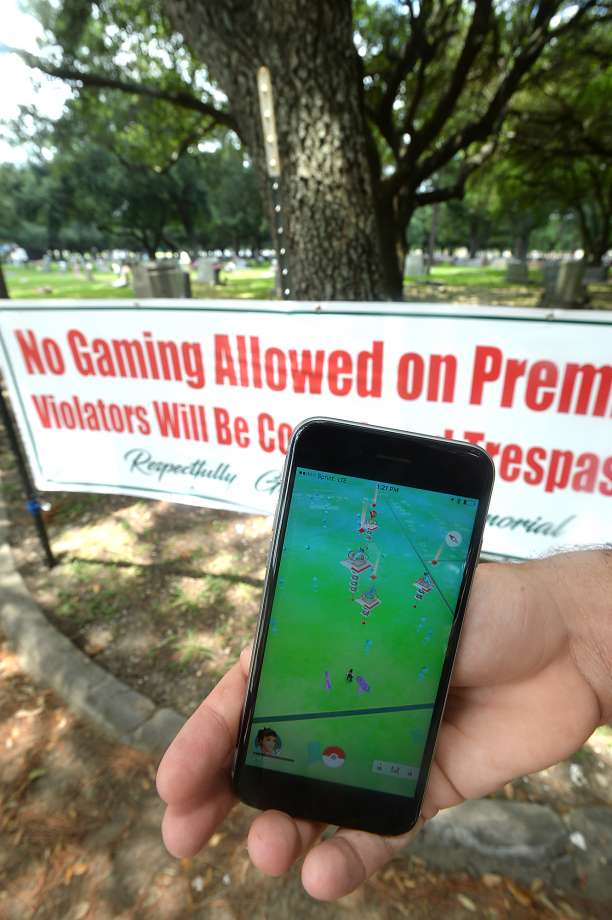Pokémon Go Needs to Go Away
 by Naomi Lawrence ‘17
by Naomi Lawrence ‘17
Flashback to last spring: if you were to see a group of people in the National Arlington Cemetery, you would assume that they are there mourning a death or broadly paying respect to those who served their country. If you were to see a group of people at the Holocaust Museum, you could assume that they are there to take a tour to better understand one of the most horrific events in human history. Flash forward to now, and you might be wrong. The group might be there to catch Pokémon.
Since its release in July, Pokémon Go has had over 100 million downloads. While gamers praise the app for bringing a form of entertainment, the sudden population surge in certain locations brings about concerns regarding values of respect.
Of late, public landmarks such as the National Arlington Cemetery and the Holocaust Museum have made headlines as a result of complaints regarding the abundance of players on their property. Spokespeople for these organizations, as well as similar ones worldwide, have been calling out the game developers for making hotspots on their property, attracting a mass of players. Arguing that playing the game in places dedicated to honoring historical events in addition to the deceased is “inappropriate decorum,” they have asked the game developers to remove their locations as “hotspots” from the game.
Though often regarded as an overreaction from the organizations, keep in mind that many of the locations are sacred places of memorial for remembering those who have passed away. To trespass on these places while playing a frivolous game is downright shameful. Such actions are also disrespectful to other visitors of the establishments, who wish to honor the lives of those being commemorated at the memorial.
Some quaint towns, such as Occoquan, Virginia, are becoming increasingly crowded with Pokémon players, as reported by The Washington Post. While this can potentially increase profits received by local businesses, the visitors actually cause more of a nuisance than providing any benefit. Imagine trying to enjoy an afternoon in a historical town as people walk or drive while simultaneously looking at their phones to play the game; it serves as just an accident waiting to happen. On top of that, the noise level has increased significantly in these areas. What used to be a silent, serene night in a place like Occoquan is now filled with chatter from the players and the game itself. It’s no wonder people are complaining about the game’s popularity.
In this day and age, society must be sure that the desire to be consistently involved with technology does not replace authentic experience and appreciation of the real world.
photo courtesy of www.beaumontenterprise.com